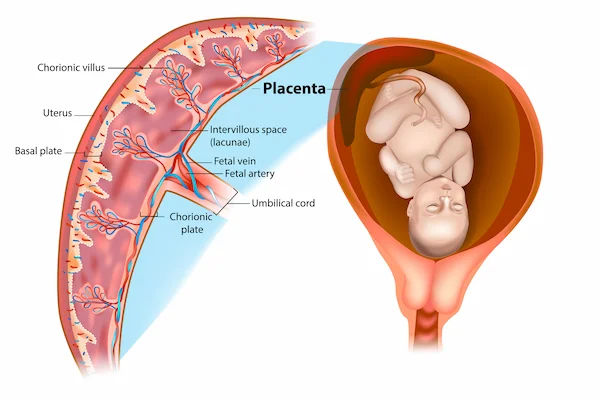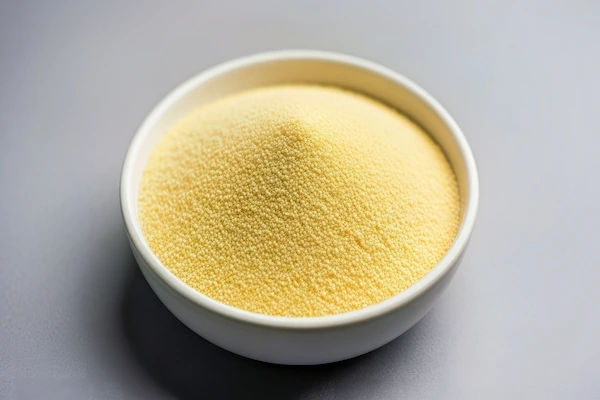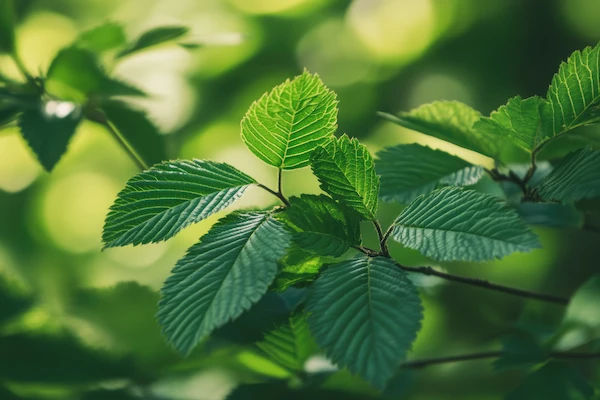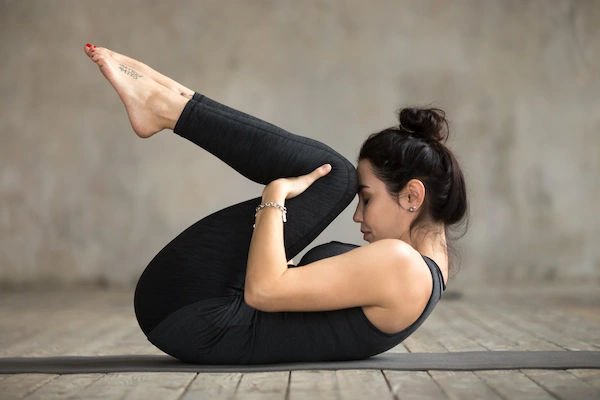How To Reduce Blood Pressure Naturally: A Comprehensive Guide for Patients
Lower your blood pressure naturally. Discover effective lifestyle changes, diet tips, and stress-reduction techniques to improve your heart health.

Written by Dr.Sonia Bhatt
Last updated on 13th Jan, 2026

Understanding High Blood Pressure
High blood pressure, also known as hypertension, is a common health condition which affects millions of people worldwide. It is often called the "silent killer" because it can cause serious complications without showing obvious symptoms. If hypertension left untreated, it can lead to heart disease, stroke, kidney problems, and other severe health issues. While medications are usually prescribed to manage high blood pressure, many people are looking for natural ways to help reduce their blood pressure and improve their overall health.
Maintain a Healthy Diet
One of the most effective ways to manage and lower blood pressure is through diet. The foods we consume have a direct impact on our cardiovascular health. Here are some dietary tips to help naturally reduce blood pressure:
Eat More Fruits and Vegetables: A diet with higher amount of fruits and vegetables provides essential nutrients like potassium, magnesium, and fibre, which play key roles in blood pressure regulation. Potassium helps balance the effects of sodium in the body, helping to relax the blood vessels and reduce pressure. For good effect, one should take at least five servings of fruits and vegetables per day.
Follow the DASH Diet: The Dietary Approaches to Stop Hypertension (DASH) diet is designed specifically to help lower blood pressure. This diet emphasises whole grains, lean proteins, low-fat dairy, fruits, and vegetables while limiting salt, red meat, and processed foods. Studies have shown that the DASH diet can reduce blood pressure by up to 11 mm Hg in people with high blood pressure.
Limit Salt Intake: High salt consumption is one of the main causes of high blood pressure. The UK NHS recommends that adults consume no more than 6 grams of salt daily. Reducing sodium intake can help prevent fluid retention and promote better circulation. Be mindful of processed foods, as they can often contain hidden salt.
Incorporate Healthy Fats: Healthy fats like Omega-3 fatty acids, found in fatty fish like salmon, walnuts, and flaxseeds, have been shown to reduce blood pressure. These healthy fats have anti-inflammatory properties and help relax blood vessels, supporting optimal heart health.
Exercise Regularly
Physical activity is another effective tool in the fight against high blood pressure. Regular exercise helps to improve blood circulation, strengthen the heart, and reduce stress – all of which contribute to lower blood pressure. Here’s how exercise can help:
Aerobic Exercise: Exercise like walking, jogging, swimming, and cycling are particularly effective in lowering blood pressure. At least 2.5 hr of moderate aerobic exercise per week or 75 minutes of vigorous activity is good for hypertension.
Strength Training: Incorporating strength training exercises (like lifting weights or using resistance bands) 2-3 times a week can also help reduce blood pressure by improving muscle mass and metabolism.
Consistency is Key: Regularity is essential. Even moderate exercise, like brisk walking for 30 minutes a day, can significantly reduce your blood pressure over time. However, be sure to speak with your doctor before beginning any new exercise programme, especially if you have other underlying health conditions.
Manage Stress Effectively
Chronic stress is known to have effect like high blood pressure by causing spikes in heart rate and constriction of blood vessels. While it's impossible to avoid stress entirely, learning how to manage it effectively can make a considerable difference.
Mindfulness and Meditation: Meditation has been shown to reduce stress and lower blood pressure. Practising mindfulness helps activate the parasympathetic nervous system, which promotes relaxation and reduces heart rate. Consider for 10-15 minutes of seating with mindfullness in a day for deep breathing or guided meditation.
Progressive Muscle Relaxation (PMR): PMR involves pulling and then relaxing different muscle groups in the body. It’s a simple yet effective way to reduce physical tension and induce relaxation.
Yoga: Yoga combines breathing exercises, physical postures, and meditation. It helps to relieve stress and lower blood pressure. Regular yoga practice can significantly lower systolic and diastolic blood pressure.
Limit Alcohol and Caffeine Consumption
Limit Alcohol: Excessive alcohol consumption can increase blood pressure over the time. It’s important to drink in moderation – no more than 14 units of alcohol per week, as recommended by the NHS. Reducing alcohol intake helps manage blood pressure and supports overall health.
Reduce Caffeine: Caffeine is known to raise blood pressure, particularly in sensitive patients temporarily. If you consume caffeinated beverages like coffee, limit your intake to one or two cups per day or switch to caffeine-free herbal teas.
Get Enough Sleep
Sleep is important for overall health, and poor sleep can lead to an increased risk of high blood pressure. Studies show that insufficient sleep, especially over a long period, can increase the likelihood of developing hypertension. Most adults need 7-9 hours of sleep per night. Try to have a consistent sleep schedule, going to bed and waking up at the same time each day, even on weekends. A cool, dark, and quiet room is ideal for restful sleep. Before bedtime, avoid stimulants like caffeine and heavy meals, and try engaging in a relaxing bedtime routine, like reading or taking a warm bath.
Herbal Remedies and Supplements
Several natural herbs and supplements may also help reduce blood pressure. While these remedies should not replace the prescribed medications, they can be a helpful addition to a healthy lifestyle. Always consult your doctor before starting any new supplements or herbs.
Garlic: Garlic is known for its heart-healthy properties, including its ability to lower blood pressure. Consuming garlic in its raw form or as a supplement can help reduce blood pressure by promoting better blood vessel dilation.
Hibiscus Tea: Hibiscus tea has been shown to lower both systolic and diastolic blood pressure. Drinking one to three cups of hibiscus tea a day may have beneficial effects.
Magnesium Supplements: Magnesium helps regulate blood pressure by promoting relaxation of blood vessels. If your blood pressure is high, magnesium supplementation might be helpful, though it's best to check with your healthcare provider first.
Quit Smoking
Smoking is a major risk factor for high blood pressure and heart disease. The chemicals in tobacco can cause blood vessels to narrow, increasing the pressure exerted on your arteries. When you quit smoking, your blood pressure will drop, and your heart health will significantly improve.
Seek Support: Quitting smoking can be challenging, but support is available. Consider joining a smoking cessation programme or talking to your doctor about options to help you quit, such as nicotine replacement therapy or prescription medications.
Conclusion
Reducing blood pressure naturally involves making healthy lifestyle choices and adopting habits that promote long-term cardiovascular health. A balanced diet, regular exercise, stress management, and other practical steps can significantly improve blood pressure control and reduce the risk of hypertension-related complications.
By following these evidence-based strategies and making small, sustainable changes, you can naturally control your health and reduce your blood pressure. However, always consult your doctor before making significant lifestyle changes, especially if you are already managing high blood pressure or other health conditions.
Consult Top General Physicians
Consult Top General Physicians

Dr. Vivek D
General Physician
4 Years • MBBS
Bengaluru
PRESTIGE SHANTHINIKETAN - SOCIETY CLINIC, Bengaluru

Dr. Dhanraj K
General Physician/ Internal Medicine Specialist
25 Years • MBBS, MD Internal Medicine - Osmania Medical College, Hyderabad
Hyderabad
Apollo Hospitals Jubilee Hills, Hyderabad
(400+ Patients)

Dr Syed Mateen Pasha
General Physician
2 Years • MBBS
Bengaluru
PRESTIGE SHANTHINIKETAN - SOCIETY CLINIC, Bengaluru

Dr. Anand Ravi
General Physician
2 Years • MBBS
Bengaluru
PRESTIGE SHANTHINIKETAN - SOCIETY CLINIC, Bengaluru
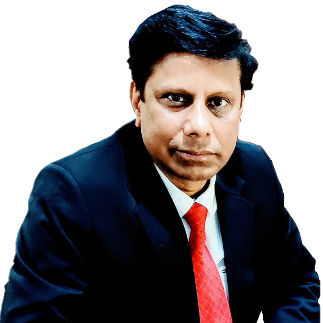
Dr. Ajay K Sinha
General Physician/ Internal Medicine Specialist
30 Years • MD, Internal Medicine
Delhi
Apollo Hospitals Indraprastha, Delhi
(200+ Patients)
